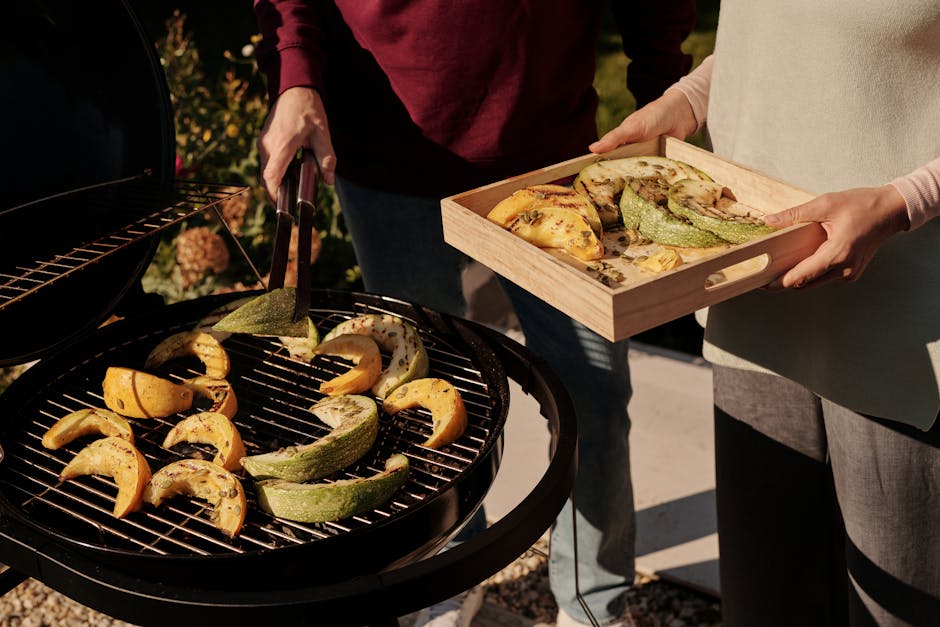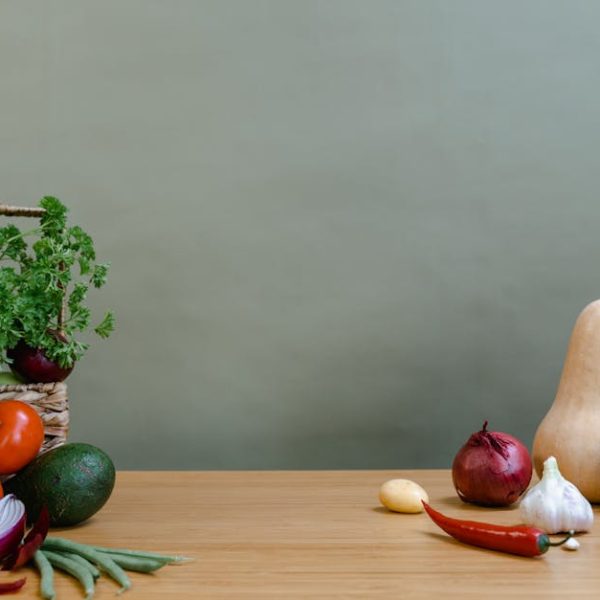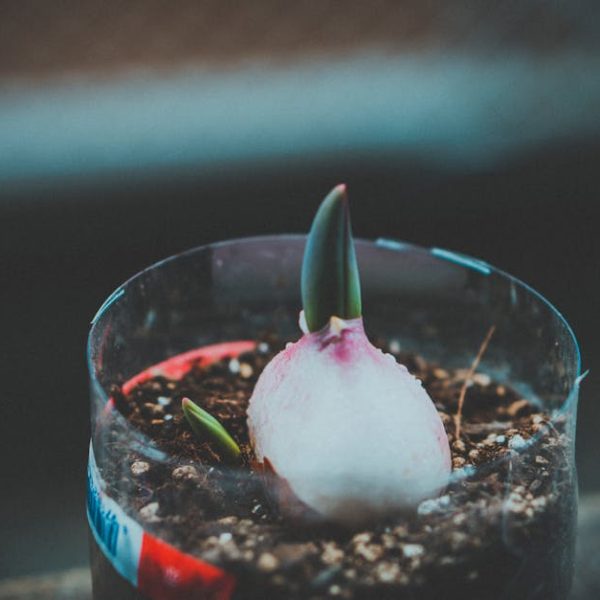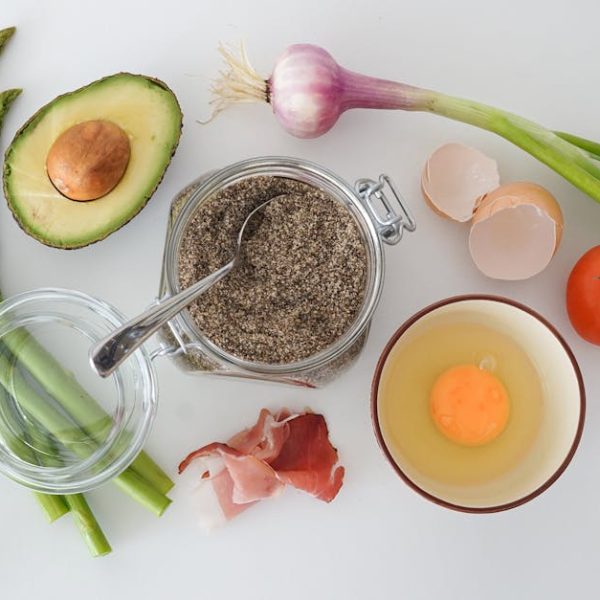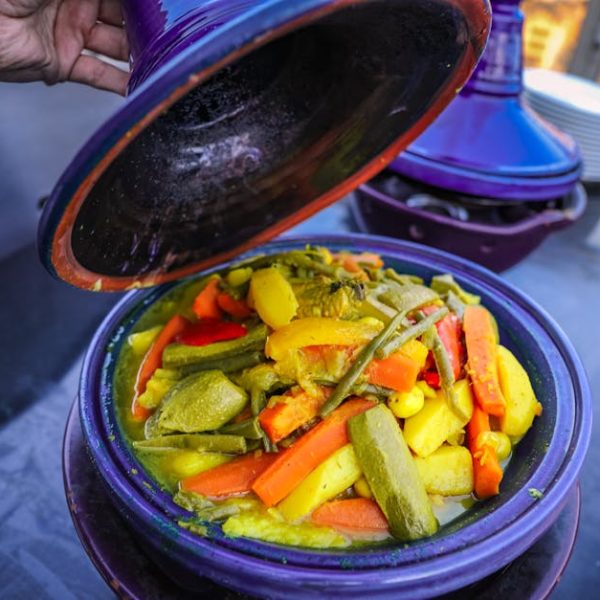Upon first glance, it’s apparent that both cantaloupe and watermelon are popular tropical delights known for their juicy and refreshing flavors. However, despite their similar surface appearances, these fruits have distinguishing characteristics that set them apart.
A Detailed Examination of Cantaloupe and Watermelon
Cantaloupe, also known as muskmelon, punctuates meals with its subtle sweetness and slightly musky flavor. With its iconic net-like skin pattern and orange flesh, the cantaloupe is usually smaller than most watermelon varieties. Taste-wise, its unique flavor profile is often described as dessert-like, making it a delightful ending to any meal.
On the other hand, watermelon is a perennial favorite, especially during hot summers. With its green-striped outer rind and pink-red inner flesh, the fruit is instantly recognizable. It offers a more refreshing yet subtly sweet taste, usually consumed for its high water content during warm weather.
✔️ Quick Checklist to Differentiate Cantaloupe and Watermelon:
- Appearance: Cantaloupe has a net-like skin and orange flesh, watermelon has a green-striped skin and pink-red flesh
- Size: Watermelons are usually larger
- Flavor: Cantaloupe is subtly sweet and slightly musky, watermelon is subtly sweet and refreshing
Nutritional Comparison Between Cantaloupe and Watermelon
In terms of nutrition, both cantaloupe and watermelon pack a healthy punch. Cantaloupes are rich in vitamin A and vitamin C, offering more than 100% of the recommended daily intake in a single serving. They’re also a decent source of potassium.
Watermelons are also a great source of vitamins A and C, with the added bonus of being rich in lycopene – a powerful antioxidant. They are lower in calorie count per serving, given their high water content.
Pro Tip: Both cantaloupe and watermelon can contribute to a balanced diet, providing required vitamins and hydration. Consider incorporating these fruits into your regular meals for both their taste and health benefits.
Health Benefits of Consuming Cantaloupe and Watermelon
Consuming fruits like cantaloupe and watermelon helps your body operate optimally. Cantaloupe, for example, is known for its hydrating properties and antioxidants, which are helpful in preventing certain types of cancer and heart disease. Its high potassium content can also support cardiovascular health.
Watermelon, on the other hand, can help combat dehydration due to its incredibly high water content. Furthermore, its high lycopene levels are linked to risk reduction for certain types of cancer and heart diseases.
✅ Best Practice: Both fruits are best consumed fresh in their natural state. If not, consider using them in a fruit salad, smoothies or frozen as a sweet treat.
When we break it down, cantaloupe delivers higher levels of nutrients per serving, while watermelon wins for hydration and overall lower calories count. Thus, both have their specific benefits and choosing between them boils down to personal preference and dietary needs.
Cultivation and Harvesting Practices of Cantaloupe and Watermelon
Cantaloupes thrive in warm, well-drained soil. They are usually grown from seeds and require regular watering. It typically takes between 70-90 days for cantaloupes to reach maturation from the day of planting. Harvesting of cantaloupes requires a sharp eye as they tend not to fall off the vine like other fruits but need to be cut off.
Watermelons, on the other hand, require even hotter conditions to grow and their seedlings cannot tolerate frost. They are typically ready for harvest after about 100 days of planting. Unlike cantaloupes, watermelons do not ripen after they are picked, so it’s crucial to pick them at the right time.
➡️ Farming Practices for Cantaloupe and Watermelon:
- Soil: Cantaloupes thrive in well-drained soil, watermelons require hot, dry soil
- Growth: Both fruits grow from seeds
- Harvest: Cantaloupes need to be cut off the vine, watermelons need to be picked at the right time
Culinary Uses of Cantaloupe and Watermelon
The rich, sweet taste of cantaloupe lends itself well to both savory and sweet dishes. It can be used in salads, smoothies, and even as a prosciutto wrap in certain cuisines. Some adventurous chefs also use it in desserts, notably ice cream and tartlets.
Watermelon, with its high water content and subtly sweet taste, is more commonly consumed on its own or used in refreshing salads and drinks. In some cultures, it’s also used in pickling!
✔️ Popular Dishes with Cantaloupe and Watermelon:
- Cantaloupe: Salads, smoothies, wrapped with prosciutto, ice cream, tartlets
- Watermelon: Eaten fresh, in salads, in drinks, pickled
| Cantaloupe | Watermelon | |
|---|---|---|
| Cooking Uses | Extensive, both savory and sweet dishes | More limited, primarily fresh or in salads and drinks |
| Cooking Advantages | Rich sweet flavor, versatile | Refreshing taste, high water content |
| Cooking Disadvantages | Not always available year-round, flavor can be overpowered in some dishes | Makes dishes watery if not used properly, subtle flavor may not stand out in complex dishes |
No matter how you slice it, both cantaloupe and watermelon have intriguing features that contribute to their global popularity. Whether you love the subtly sweet and slightly musky flavor of cantaloupe or the refreshing, hydrating delight that is watermelon, there’s sufficient room on the table for both these fabulous fruits!
Key Takeaway:
- Cantaloupe and watermelon, although similar in some ways, have distinctive features including different tastes, nutritional contents, cultivation methods, and culinary uses.
- In terms of taste, cantaloupe is sweet and slightly musky while watermelon offers a refreshing and subtly sweet flavor.
- From a nutritional perspective, both fruits are rich in vitamins A and C, but cantaloupe also offers potassium while watermelon is rich in lycopene and has lower calories due to its high water content.
- Both cantaloupe and watermelon offer health benefits such as hydration and disease prevention capabilities but do vary in terms of nutrient density.
- Cultivation practices differ significantly between the two fruits. Cantaloupes thrive in warm, well-drained soil and are usually grown from seeds. Meanwhile, watermelons require hotter conditions to grow, and their seedlings cannot tolerate frost.
Embrace the delightful flavors and health benefits of both cantaloupe and watermelon. Whether you prefer the sweet richness of cantaloupe or the refreshing hydration of watermelon, both contribute to a balanced and nutritious diet. Enjoy these fruits in their natural state or incorporate them into a variety of delicious dishes for a culinary adventure.
FAQs
Q: Are cantaloupes and watermelons suitable for all types of diets?
A: Yes, cantaloupes and watermelons are generally suitable for most diets due to their low calorie count and high nutrient content. However, it’s always a good idea to check with your nutritionist if you have specific dietary restrictions or health concerns.
Q: Is it safe to consume the seeds of cantaloupes and watermelons?
A: While it’s commonly recommended to remove the seeds before consuming these fruits, there’s usually no harm in eating them. Some people even find the seeds enjoyable once dried and roasted.
Q: Can these fruits be consumed during pregnancy?
A: Yes, consuming a variety of fruits, including cantaloupes and watermelons, can contribute to a balanced diet during pregnancy. However, it’s always recommended to consult with a healthcare professional before making any significant changes to your diet.
Q: Do cantaloupes and watermelons have a season, or are they available year-round?
A: While these fruits are grown and harvested during specific seasons, they are often available in supermarkets year-round thanks to international trade.
Q: Can people with diabetes consume cantaloupes and watermelons?
A: Yes, these fruits contain natural sugars and fiber, making them suitable for most individuals with diabetes when consumed as part of a balanced diet. However, it’s important for those with diabetes to monitor their fruit intake and consult with a healthcare provider if unsure.
Explore more articles on our website and feel free to share this helpful piece of information with others who might find it beneficial. Enjoy your fruits and stay healthy!
